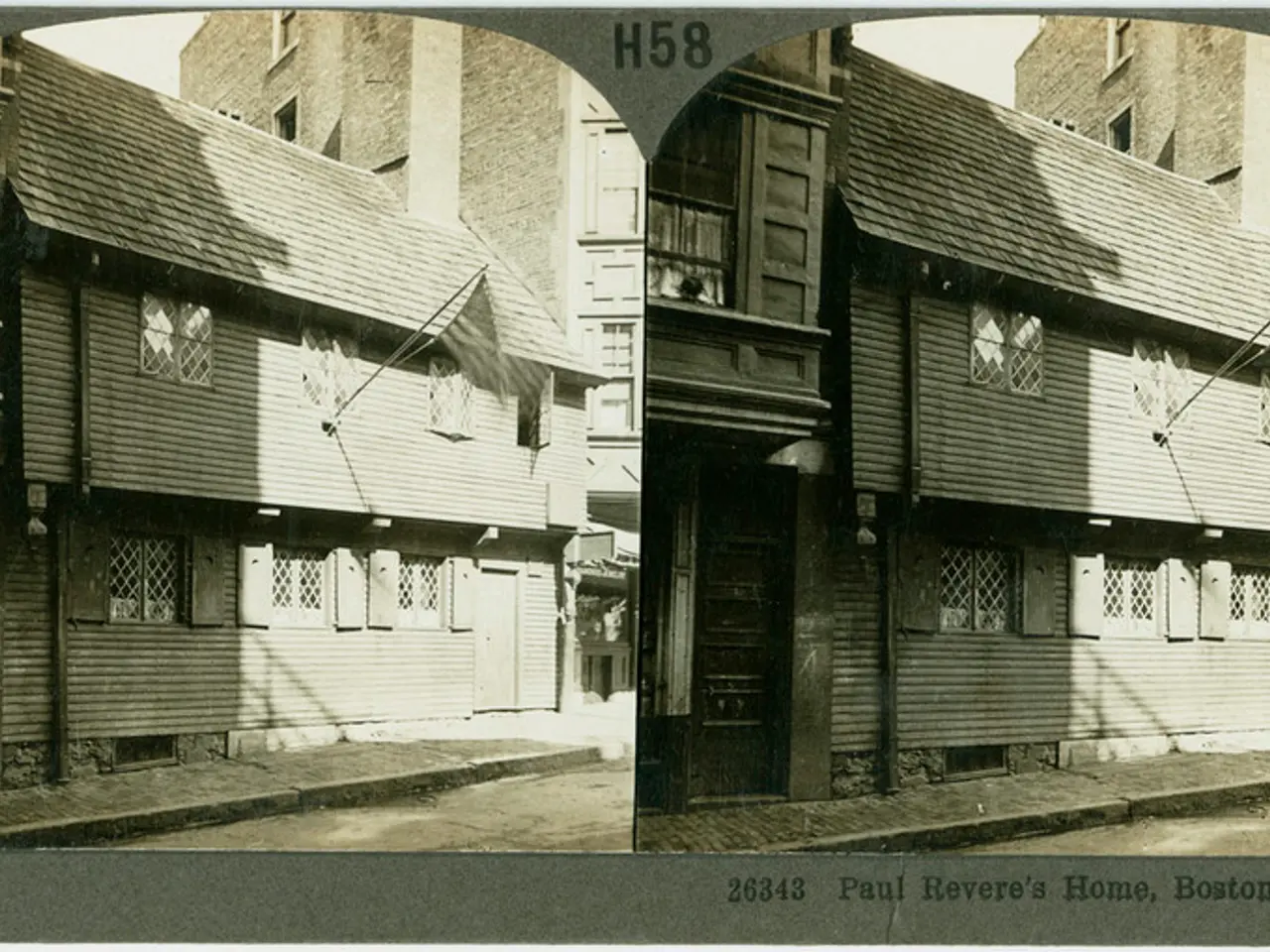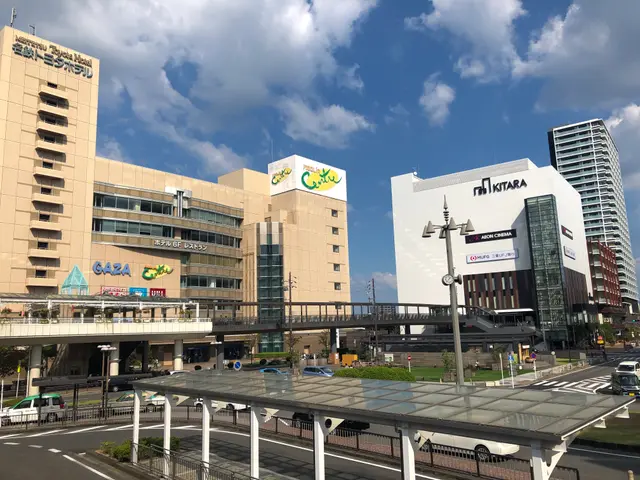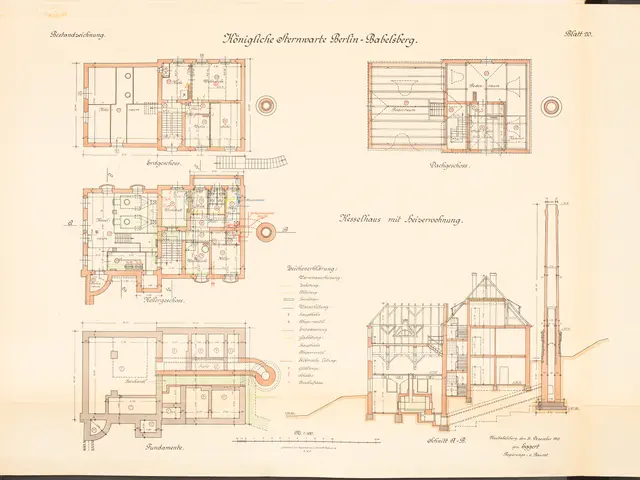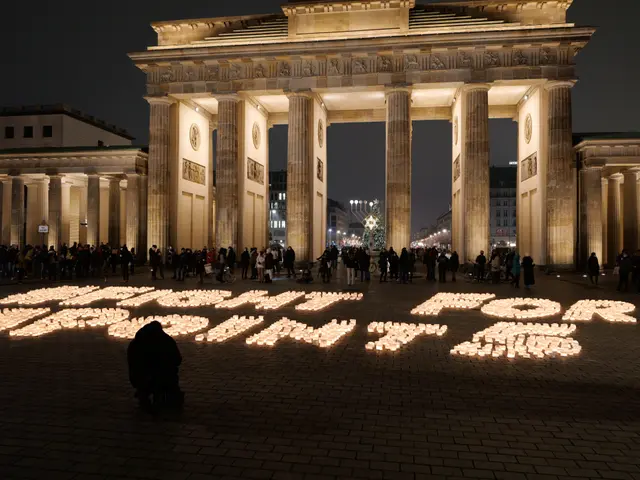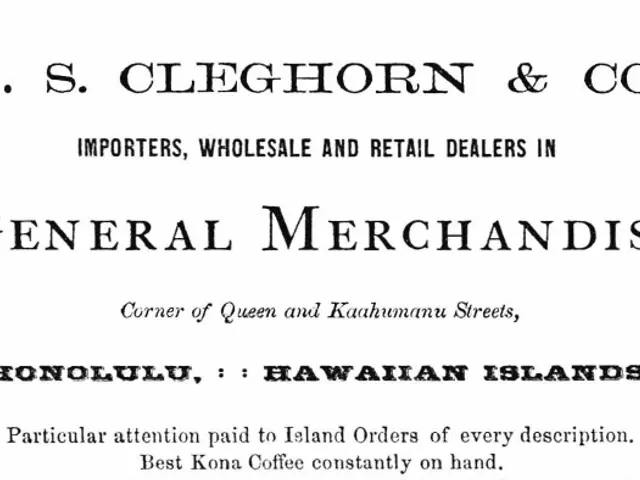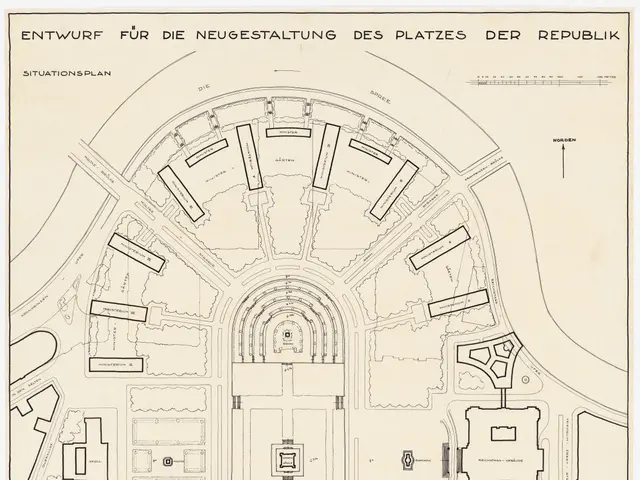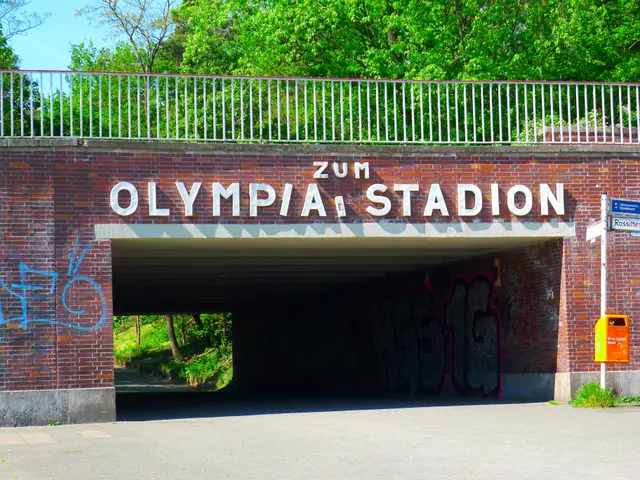Vienna’s Free Public Transport Pass Sparks Debate Over Rising Debt and Inequality
Austria's capital, Vienna, has introduced a free annual public transport pass for its 67,000 municipal employees, dubbed the 'Jobticket'. This move, valued at an additional €365 on top of a 9.15% wage increase and a child allowance boost to €21, comes amidst a backdrop of growing public debt and increasing state deficits.
The free passes, costing nearly €20 million, have sparked debate as Austria's public debt is expected to hit 4.9% of GDP this year. Several states, including Vienna and Styria, have seen significant increases in their deficits. The state is spending €2 billion more than budgeted, with Vienna alone contributing €1 billion to this overspend. Vienna is projected to have a €3.2 billion deficit this year, with the combined deficit of the states set to triple from €1.85 billion in 2023 to €6.45 billion in 2025.
Meanwhile, a small company received a surprise tax demand after its boss covered parking fines for technicians. The fines were deemed a taxable benefit in kind, highlighting the stark contrast between the privileges enjoyed by the state and the struggles of private businesses.
The introduction of the 'Jobticket' has raised questions about the state's financial priorities, especially given the growing public debt and deficits. While municipal employees enjoy this perk, a small company faces unexpected tax demands, demonstrating the double standards at play.
Read also:
- American teenagers taking up farming roles previously filled by immigrants, a concept revisited from 1965's labor market shift.
- Weekly affairs in the German Federal Parliament (Bundestag)
- Landslide claims seven lives, injures six individuals while they work to restore a water channel in the northern region of Pakistan
- Escalating conflict in Sudan has prompted the United Nations to announce a critical gender crisis, highlighting the disproportionate impact of the ongoing violence on women and girls.
